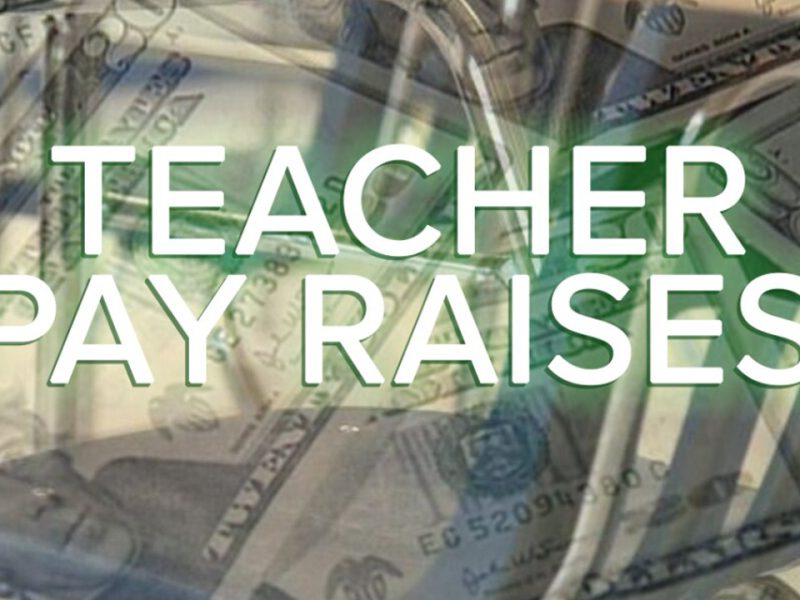Investigation: Florida school resource officers are not required to undergo juvenile-specific training
Florida lawmaker files bill for more SRO training
Click Orlando | by Merris Badcock | February 1, 2021
ORLANDO, Fla. – Caught in a crisis, communities often turn to law enforcement.
“It could be parents going through a divorce. It could be a single-parent home, a homeless situation, a breakup with a boyfriend or girlfriend,” Chief Jeff O’Dell of the Kissimmee Police Department said.
With more than 30 years of experience under his belt, O’Dell knows how crises affect children differently.
“With kids, it could be anything. They could be teased or bullied, so we really have to have a well-rounded school resources officer.”
It is part of the reason O’Dell requires all of his school resource officers (SROs) to go through Youth Mental Health Training, crisis intervention training specifically geared toward children.
“We want to pick somebody that is not ‘retired on duty’ because this is certainly not a job that you are going to go sit in the office with your feet up on the desk. We demand interaction with the school administration, the teachers, the schools, the students,” O’Dell told News 6 investigator Merris Badcock.
While juvenile specific training is a requirement for school resource officers in Kissimmee, it is not a statewide requirement.
According to state law, school resource officers are required to get “mental health crisis intervention training”, but it does not have to be specific to juveniles.
New questions about school resource officers and training are now surfacing after two viral videos.
First, Osceola County Sheriff’s deputy Ethan Fournier was recorded slamming 16-year-old Taylor Bracey to the ground. Fournier was once an employee of the month at Liberty High School.
Fournier is now on paid administrative leave pending an investigation.
Lake County Sheriff’s deputy Billy Brown tasered a female Eustis High School student after the student ignored the school resource deputy’s commands.
“[Brown] did act appropriately,” said Sgt. Fred Jones with the LCSO. “He tried to verbally deescalate, he tried to physically restrain, and he went through pretty much the use of force matrix.”
Deputy Brown is also on paid administrative leave pending an investigation.
“We want to make sure our community believes that we are putting our best officers in those schools. They leave us with their most precious assets, and we want to make sure that we are equipped to take care of them,” Jones said.
But state lawmakers like Rep. Rene Plasencia do not feel school resource officers are equipped.
“They need more training,” Plasencsia told News 6.
Plasencia, a former teacher who goes by the nickname “Coach P”, saw counties struggle to find qualified school resource officers after the Marjorie Stoneman Douglas Act, laws passed after the school shooting in Parkland which, in part, required a school resource officer in every state public school.
“Now we are asking to have law enforcement officers in every school in the state of Florida, and now they are being put in these situations where things are going to happen,” Plasencia said.
Earlier this year, Plascencia filed a bill that would require juvenile-specific mental health training for all school staff, including school resource officers to learn tactics that are specifically meant to be utilized in a possible Baker Act situation.
“There are growing pains, and we need to adapt to it. Additional training and the right training is just a part of it,” Plasencia said.
Back in Kissimmee, Chief O’Dell would not comment on the open SRO investigations, in part because they did not happen within his own agency, but he told News 6 the most successful SROs in his unit operates outside the job description.
“When you have a relationship with somebody, they do not need to tell you if they are having a bad day,” O’Dell said. “Everything that we do at the Kissimmee Police Department revolves around relationships in the community that we serve. That is certainly critical in our SRO unit and we talk frequently about that.
O’Dell said it is incumbent on each of them to get out of their offices and really look for those relationships with the students.






